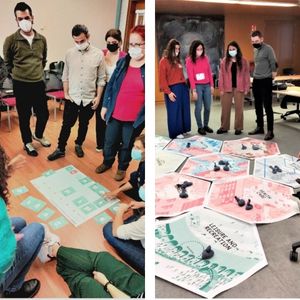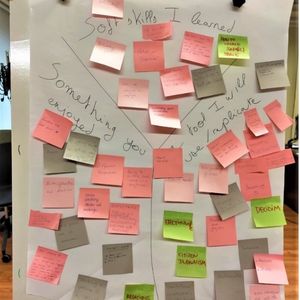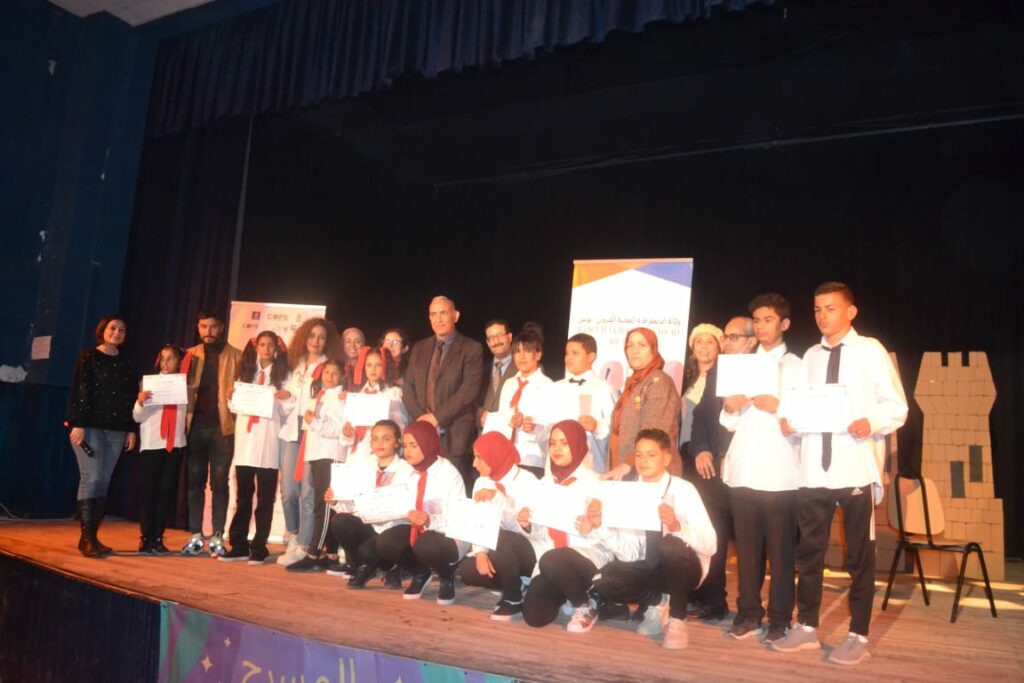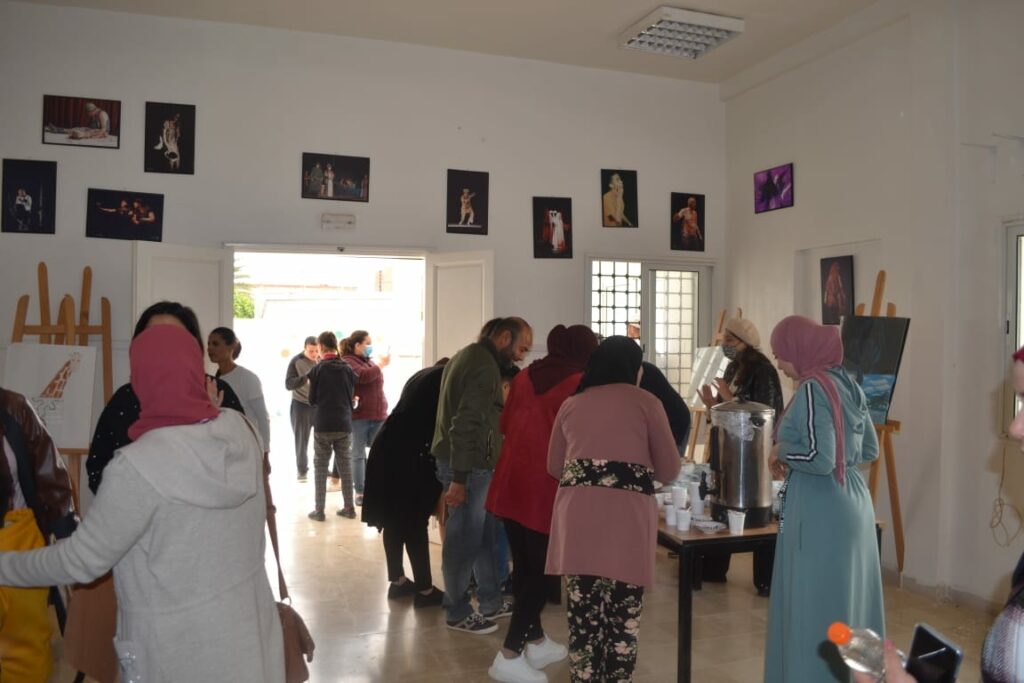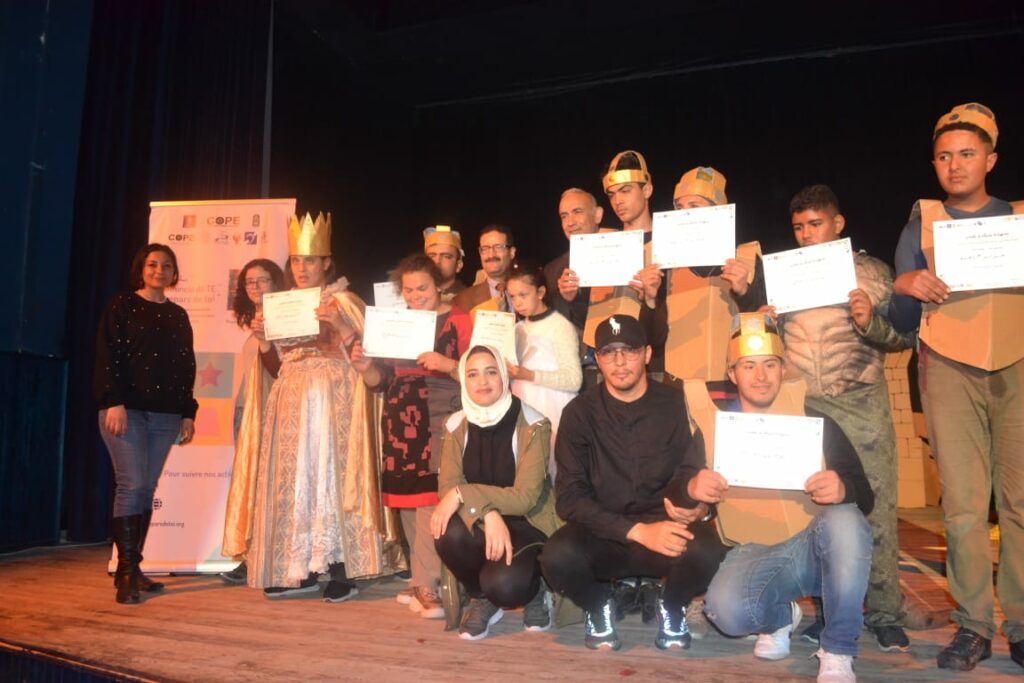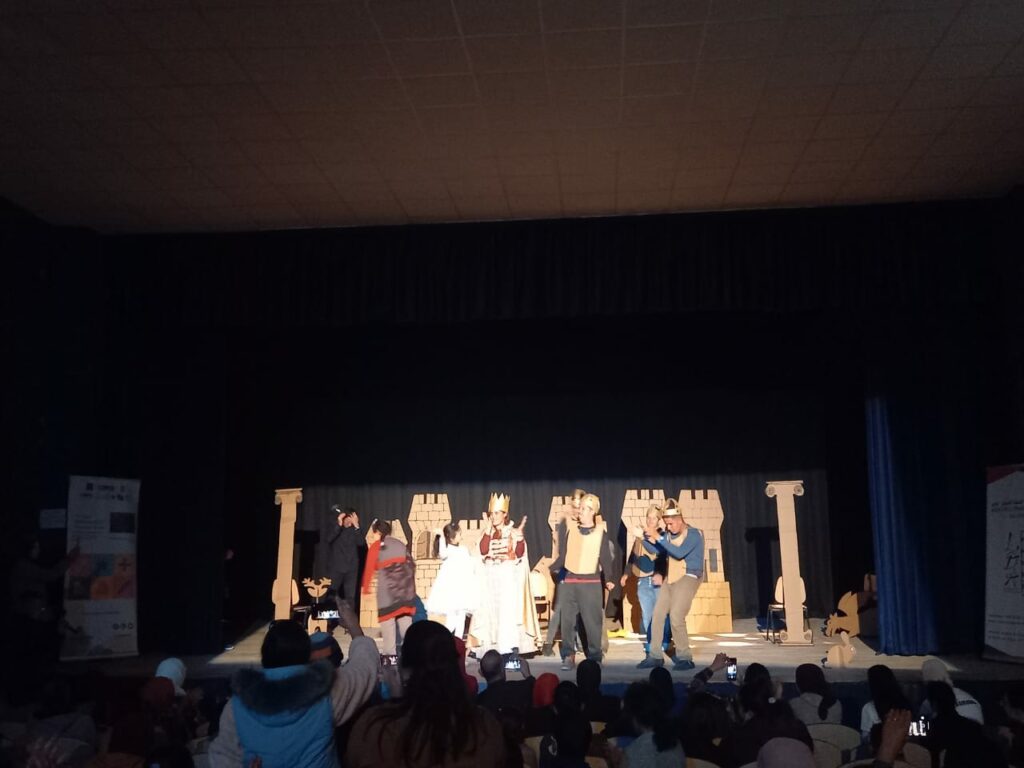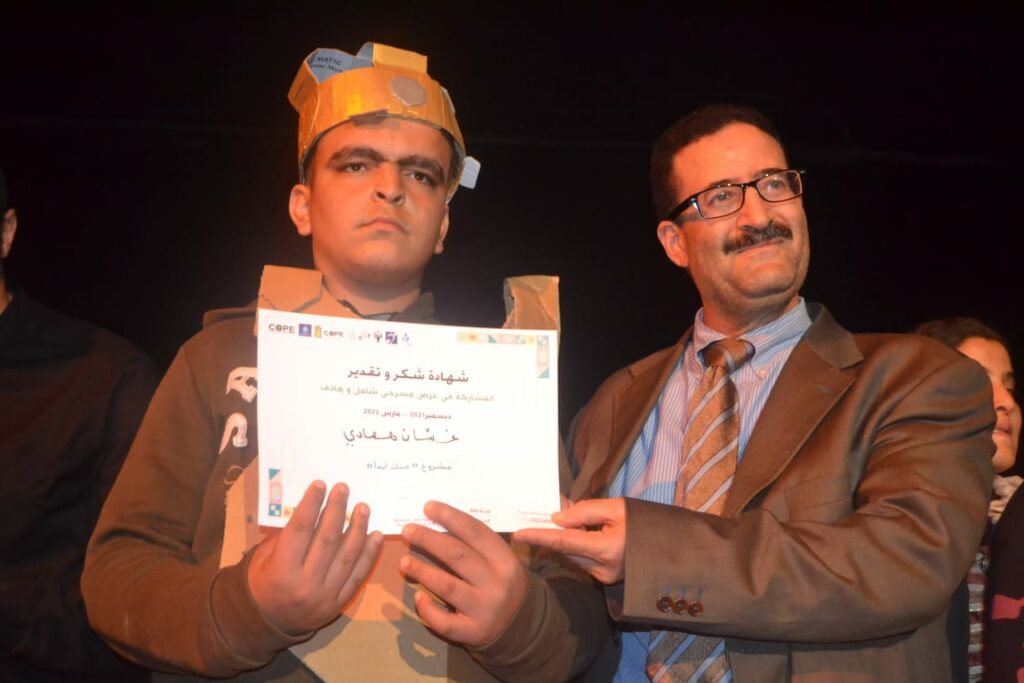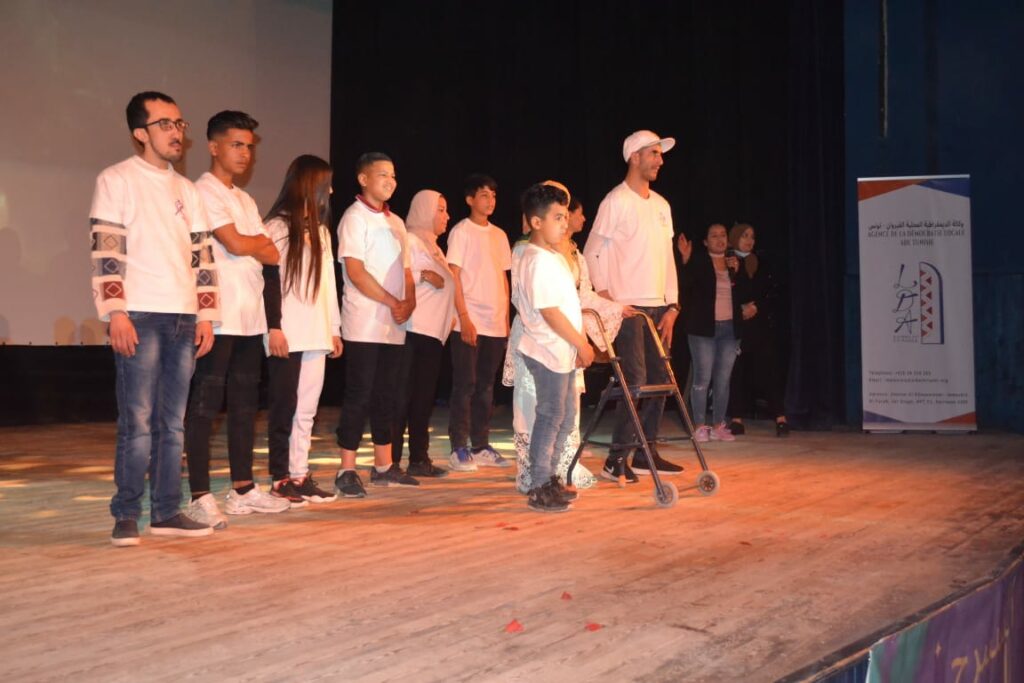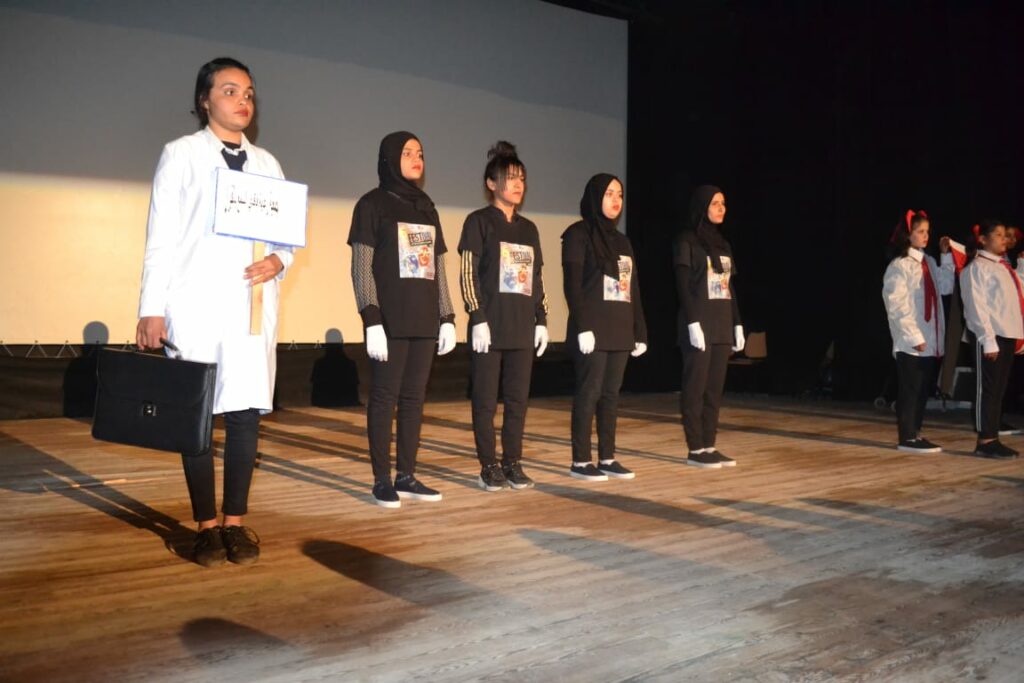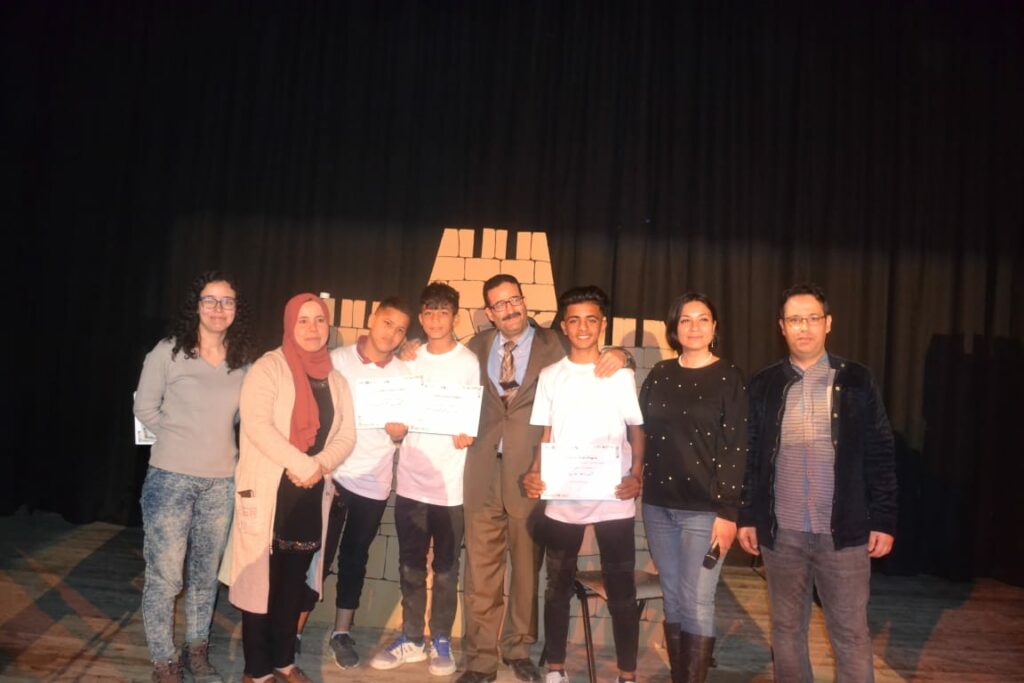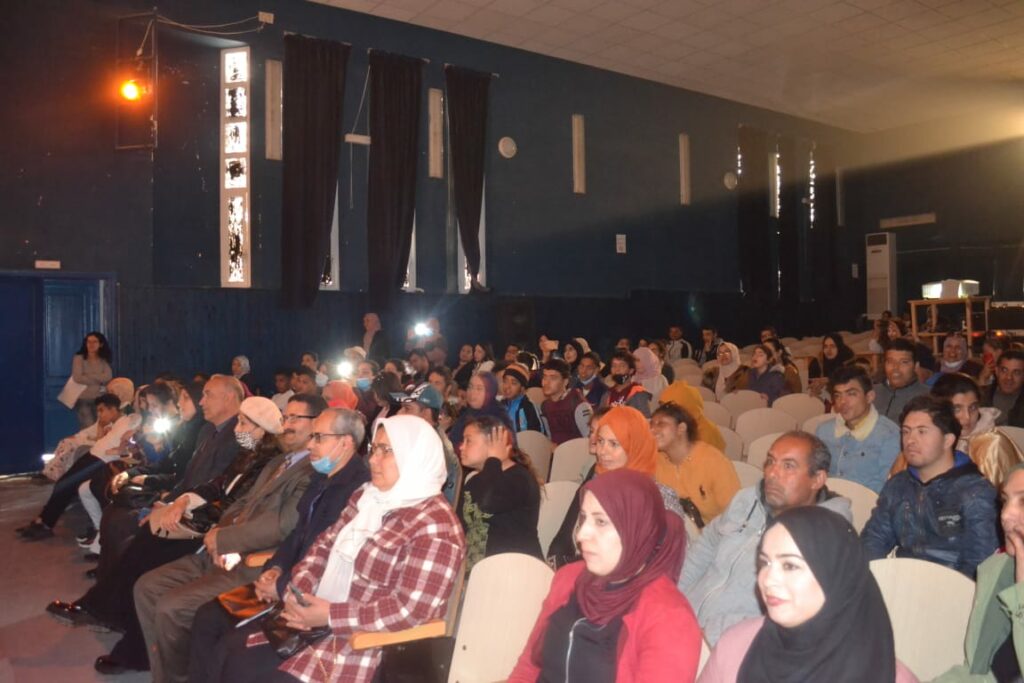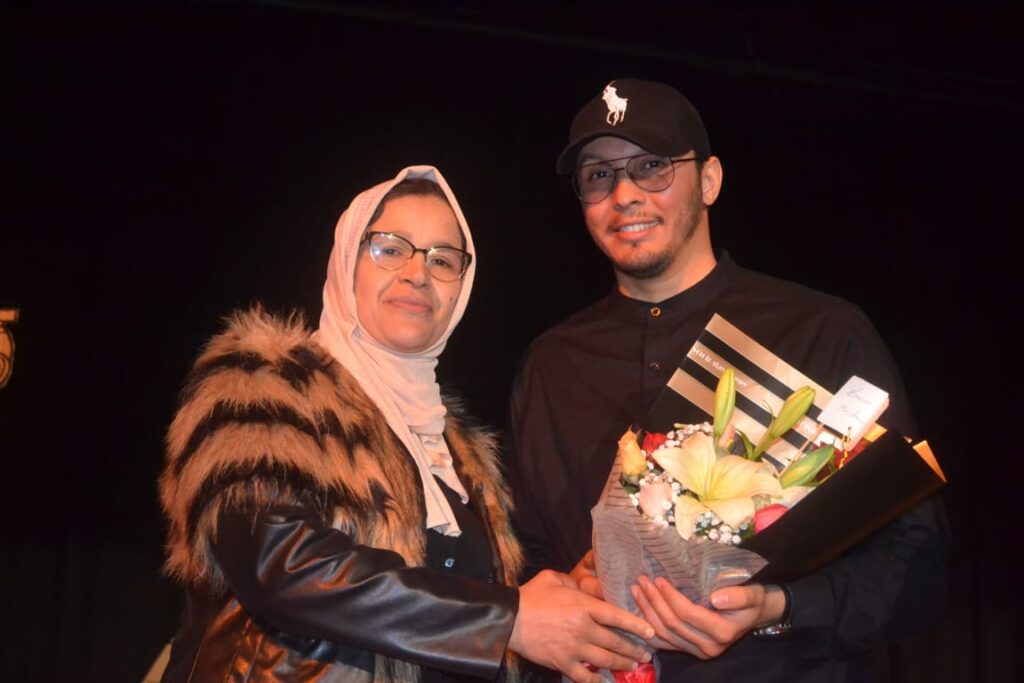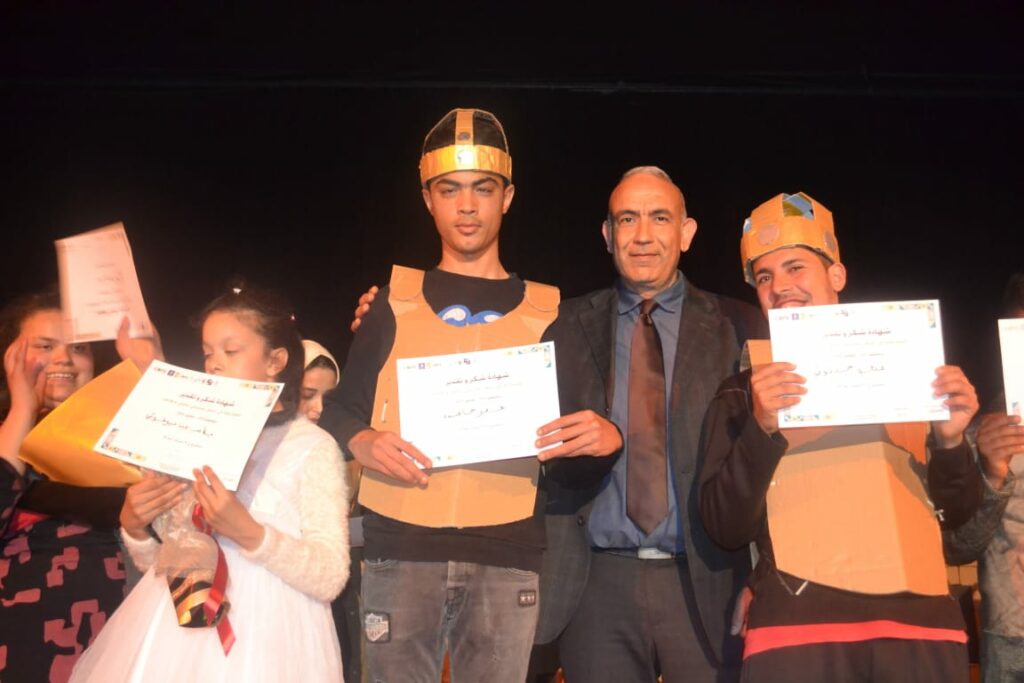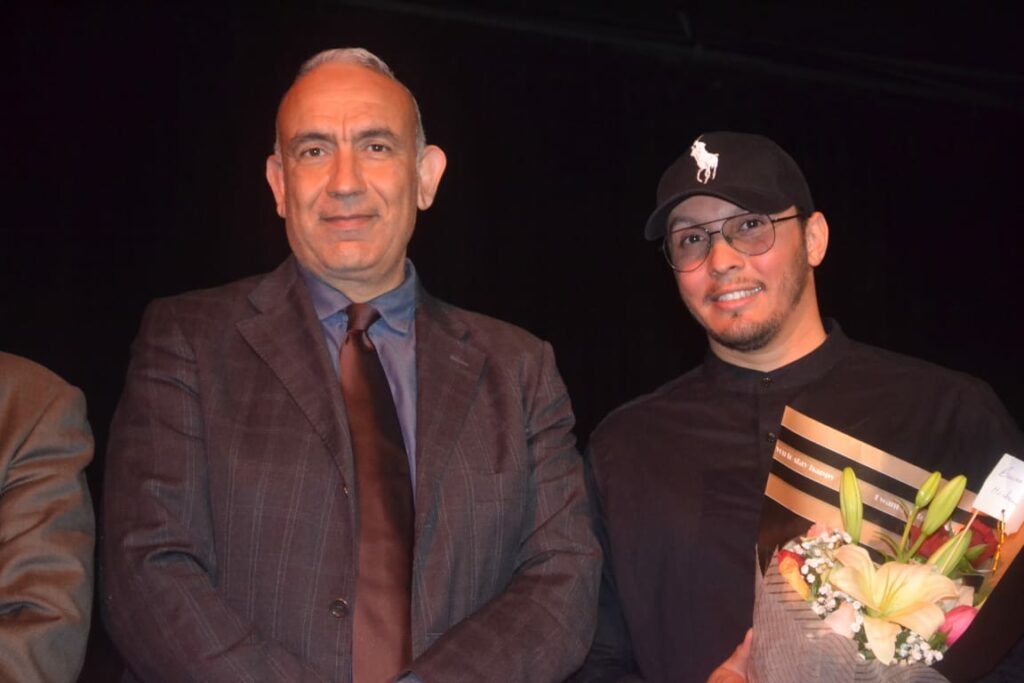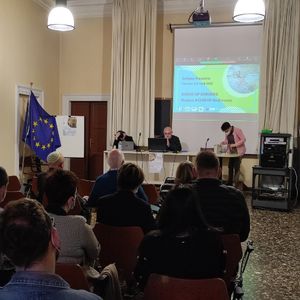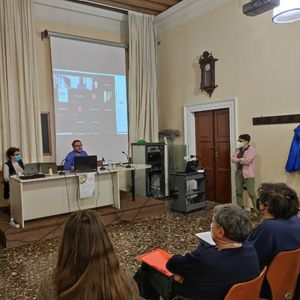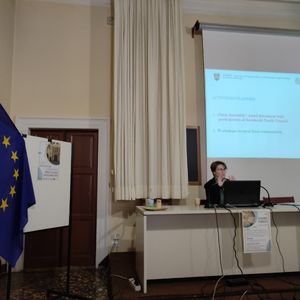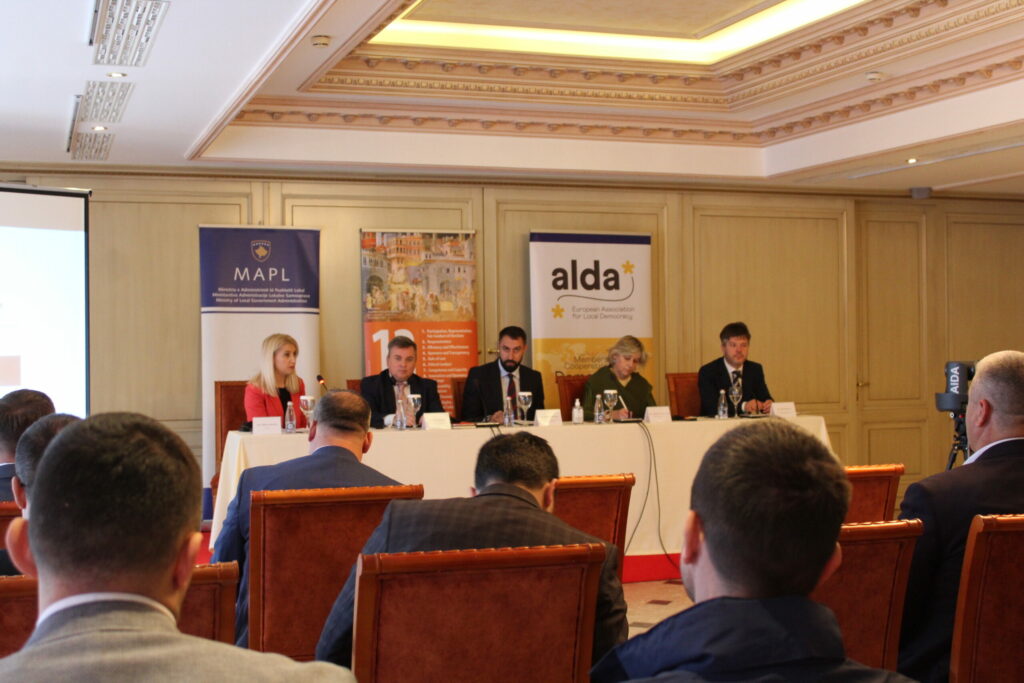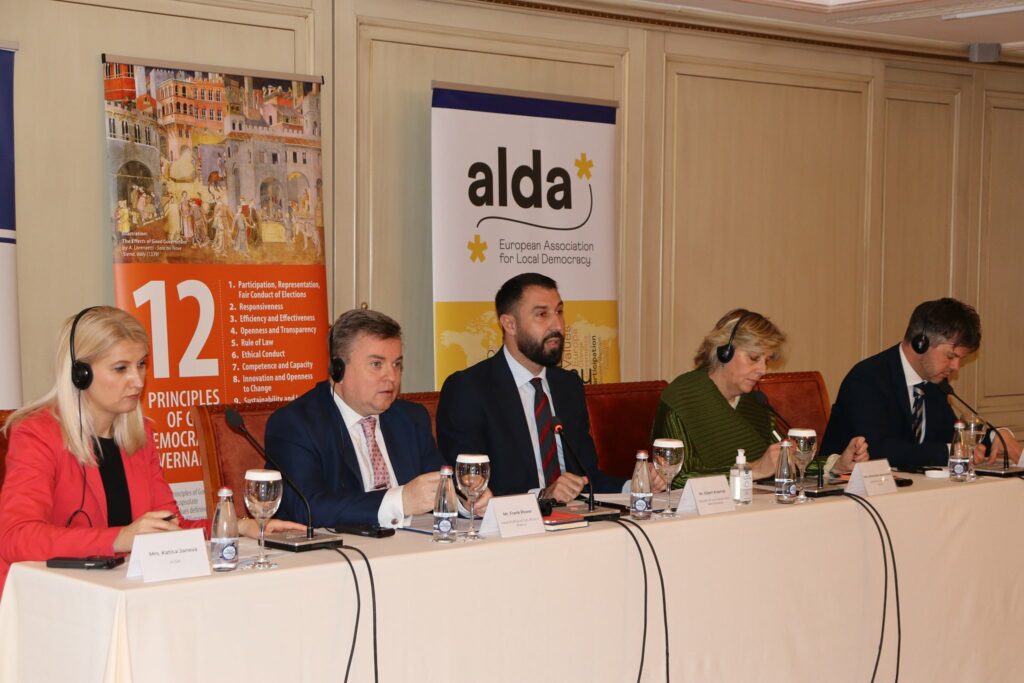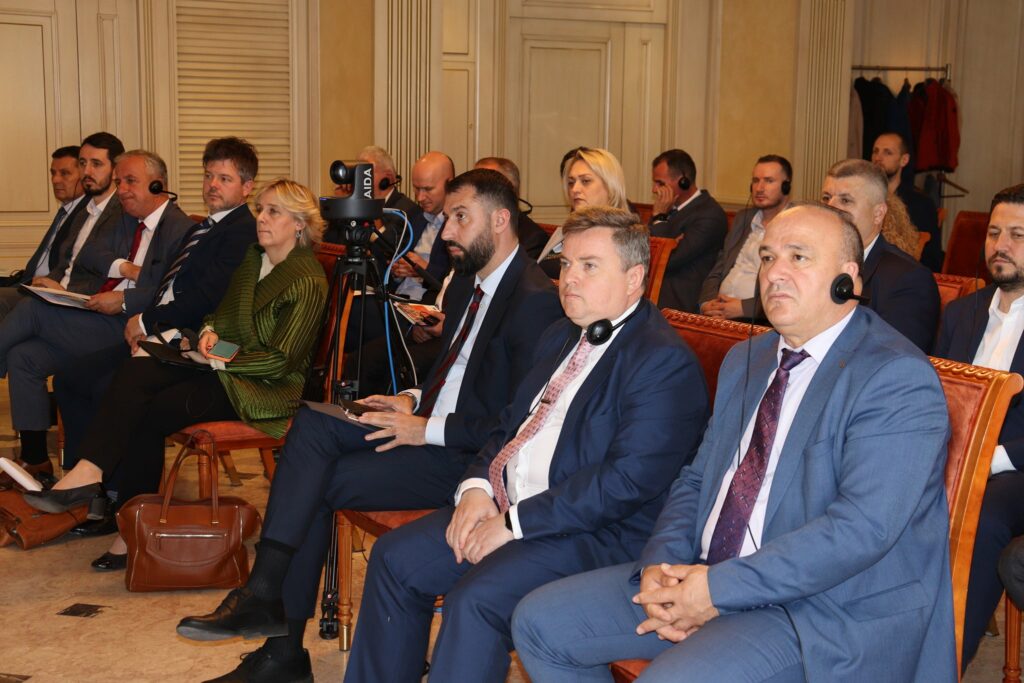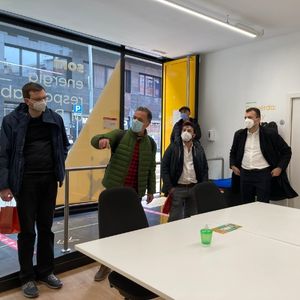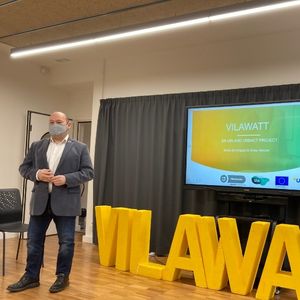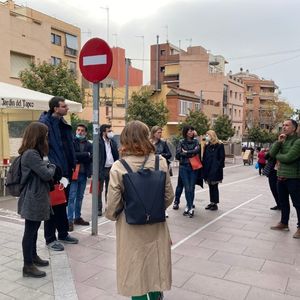As mentioned in our previous article, ALDA joined the “The Nature of Cities” (TNOC) Festival as partner of the 2022 edition.
Focusing on several transdisciplinary issues, be they environment or social justice; TNOC animated 3 days of Festival all over the world with countless events. Benefiting from the expertise of the Association, and the achievements reached through its projects, ALDA actively participated to TNOC with four different initiatives, namely: “Life BEWARE”, “Life FALKON”, “CAP-PERI” and “Climate of Change”.
Starting with “Life BEWARE”, the project joined the festival with two sessions dedicated to climate resilience and cities, namely: “Re-shaping cities – how urban areas can tackle climate change” and “Nature Based Solutions for a more resilient territory”. The former took place on March 29th from 16 to 17:30 CET.
The session focused on the topic of Cities’ resilience to Climate Change and, thanks to the contribution of four Life Projects projects, it highlighted various ways and best practices in which urban areas can successfully address this issue, in an innovative way. In addition, the involvement and collaboration of four Life Projects has been particularly relevant considering that this year is the 30th year anniversary of the Life Programme. What an occasion to deepen knowledge on the environment! Among the keynote speakers:
Giulio Pesenti – Life Beware; Valeria Fantini – ALDA – European Association for Local Democracy; Maria Rosaria Scoppettuolo and Valeria Guerrini – Gruppo CAP (LIFE METRO ADAPT project); Daniela Luise and Giovanni Vicentini from LIFE VENETO ADAPT –project and Andrea Paindelli, LIFE BAETULO project.
Scheduled on March 30th from 16:00 to 17:30, the second event, entitled “Nature Based Solutions for a more resilient territory – How can Municipalities better implement them?”, focused on promoting and encouraging the replicability of Nature Based Solutions. The workshop was held by Technicians and Professors of the Department of Territory and Agro-Forestal Systems (TESAF) of the University of Padua and was targeted to EU Municipalities. The goal of the workshop was to teach local administrators how to better implement these measures on their territories, starting from the experience and the best practices of the Life Beware Project. Several professionals joined, especially from the University of Padova Lucia Bortolini, Francesco Bettella, and Francesco Pagliacci were among the key experts at the event.
Focusing on several transdisciplinary issues, be they environment or biodiversity; TNOC animated 3 days of Festival all over the world with countless events
Moving on to “Life FALKON”, the events related to the projects tackled three main aspects, be thay: light pollution, urban development, human coexistence. Overall, the 2 LIFE FALKON workshop broadcasted within the Nature Cities Festival, aimed to raise awareness on the importance of planning more bird-friendly cities. More in detail, the first “WINGED CITIES 1 – Birds and the challenges of urban life, started at 11 AM on 30 March 2022. Participants listened to an overview of the challenges birds face in terms of coexistence within the urban environment especially in light of pollution and urbanization. Valuable information were provided thanks to the contributions of LIFE FALKON Coordinator Michelangelo Morganti from CNR-IRSA Consiglio Nazionale delle Ricerche, Juan Josè Negro from CSIC-EBD, Davide Dominoni from University of Glasgow, Dan Chamberlain from Turin University.
Moreover, the second “WINGED CITIES 2 – Practical issues for bird-friendly cities” revolved round the strategies and actions to actuate in order to foster a more bird-friendly. Some cases-study and best practices have been shared, starting from the conservation actions implemented by the life falkon project (focus on nesting boxes). As for the previous workshop, LIFE FALKON partners Roula Trigou and Nikos Tsiopelas from HOS/BirdLife – Hellenic Ornithological Society, Andrea Pirovano from Progetto Natura actively joined.
Shifting from fauna and biodiversity to agriculture, the “CAP-PERI” Project, aiming to increase citizens knowledge about the CAP and sustainability, presented 10 different sessions: five sessions with experts and five virtual field trips. The seminar “Theater and urban regeneration: the Silent Play” showed a participatory creative process that engages the local communities and their relationship with the territory; while “Skills and competencies for sustainability in agriculture” provided a reflection on the use of social research methodology to increase competencies and skills in sustainability. In addition, “Learning Bubbles” focused on a methodological system aimed at re-establish the students’ access to teaching.
Furthermore, EU initiatives and participants’ experiences were discussed at the dedicated session entitled “Tips for a more sustainable student lifestyle”. Finally “Organic farming and the importance of the Mediterranean diet in the prevention of cardiovascular and metabolic diseases” closed the sessions. All in all, the field trips were an opportunity to discover urban gardens in Palermo, Rome and Mesagne and the participatory activities carried out at the South Milan Agricultural Park and in the periurban area of Carpaneda in Vicenza.
Finally, ALDA shared with participants the results of “Climate of Change” project, focusing on and the commitment to the environmental, and migration issues, while stressing the need of a coherent and unite action, as expressed in the micro-talks and a documentary projected, containing, among others, all the information about the project, the campaign and the petition.
In addition, interactive presentations on the project and two virtual visits to green spaces in Strasbourg and Brussels were presented, highlighting the importance of the connection among human beings and environment, with special emphasis on the importance of small and local actions.
Overall, this festival was an opportunity to share and deepen some of the central themes of ALDA’s projects, while allowing participants to explore a more sustainable type of urban planning; protect biodiversity, while fostering a new attitude as far as agriculture concerns. development of urban areas for a better environment!
***
🇦🇲 Read the news in Armenian
🇬🇪 Read the news in Georgian
🇷🇴 Read the news in Romanian
🇺🇦 Read the news in Ukrainian
***
